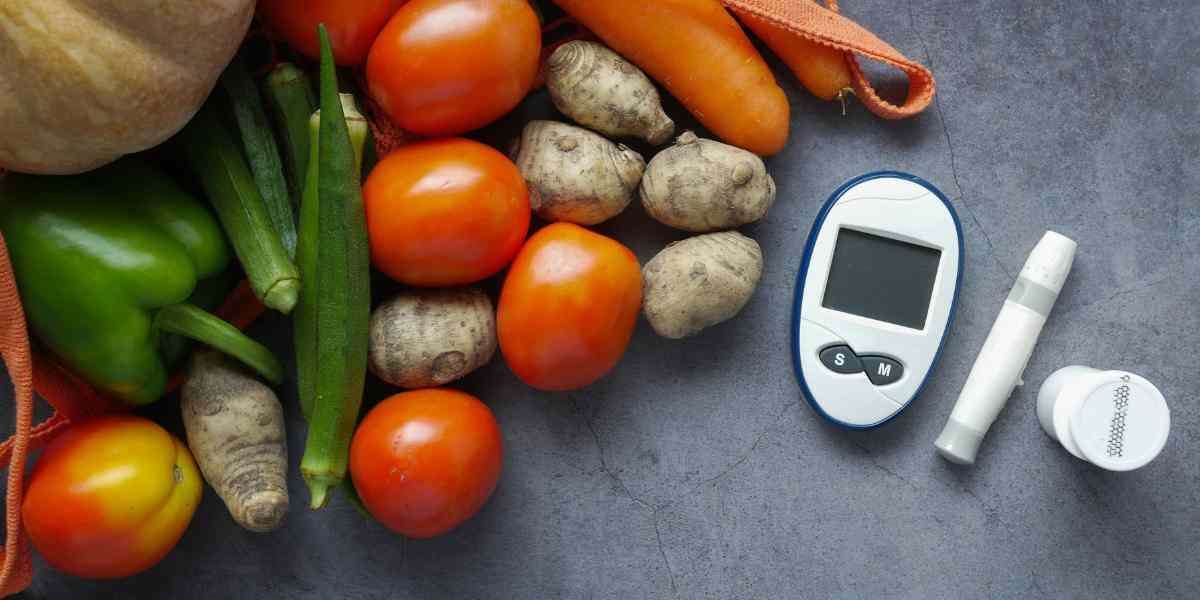Simple Ways of Managing Diabetes Through Diet and Testing
Discover simple ways to manage diabetes through diet and testing. Learn effective strategies to control blood sugar levels, make healthy food choices, and monitor your progress for better diabetes management.
Diabetes management is essential for the health of millions of affected individuals globally. This requires a strategic approach to prevent complications. Dietary modifications and regular testing are among the effective diabetes management strategies. Though simple, patients can better control their sugar levels and improve their quality of life using these tools. Combining these strategies empowers individuals to manage their condition and reduce complications.

The Role of Diet in Diabetes Management
Diet is a crucial element primarily because it influences glucose levels. Knowing the effects of various foods makes it easy for individuals to make informed food choices. Below is a highlight of the importance of diet.
- Macronutrients
They are the primary source of energy in the body. Balancing these nutrients helps maintain stable glucose levels in many ways. For starters, foods rich in carbs like sugary snacks cause a spike in sugar levels. Conversely, complex carbs found in vegetables and legumes are absorbed slowly, causing gradual rise in sugars. Choosing complex carbs over simple sugar helps achieve better glucose control.
Proteins have an indirect effect on blood glucose levels. However, they are essential for your overall health. Lean proteins like fish and poultry help manage hunger and improve metabolic health. Similarly, healthy fats sourced from avocados improves satiety and cardiovascular health.
- Portion Control
This may seem obvious but portion control also help with blood sugar spikes. Large portions of carb-rich foods increase sugar levels. Diabetes patients should control their portions by using smaller plates, avoiding second helpings, or measuring their servings.
- Including fiber
Fiber also plays an important role in the management of this chronic condition. It slows the absorption of sugar and improves control. This makes whole grains, legumes, and other fiber-rich products integral to a DM-friendly diet. Soluble fiber is especially beneficial as they have direct benefits. They improve cholesterol levels, while lowering sugar levels.

The Importance of Regular Testing
Diet aside, regular testing is also crucial. Monitoring sugar levels allows individuals to understand how various factors affect their blood sugar levels. Regular testing can be done through:
- Self-testing: Involves the use of a glucometer to measure levels at different times of the day. This helps patients understand how different foods or activities affect their levels. Testing regularly also helps with hypo and hyperglycemia. Ideally, you should test before meals and two hours after meals. You should also check levels before bed to reduce the risk of nocturnal hypoglycemia.
- Continuous monitoring: This option provides real-time readings day and night using a sensor placed under the skin. This is specifically beneficial for patients with Type 1 diabetes or those experiencing frequent fluctuations of sugar levels

A combined strategy of regular testing and dietary monitoring benefits diabetes management. For instance, checking levels before and after meals reveals how specific food affects glucose levels. This can be used to guide dietary choices. However, for these strategies to be effective, diabetes patients should observe some practical tips. For instance, they should keep a food diary and plan their meals. They should also consult healthcare providers for guidance on tailoring their diet to meet individual needs.
If you make this, please leave a review and rating if you liked this recipe! ★★★★★






